 Work by scientists from Queen’s University Belfast on ionic liquid chemistry is in the running to be named the most important British innovation of the 21st Century.
Work by scientists from Queen’s University Belfast on ionic liquid chemistry is in the running to be named the most important British innovation of the 21st Century.
The work of staff in the Queen’s University Ionic Liquid Laboratories (QUILL) Research Centre is up against 11 other innovations from across the United Kingdom battling it out in a public vote to find the one that will have the greatest impact in the coming century. The vote is part of the Science Museum’s Initiative on Great British past and future Innovations.
Ionic liquids are salts which can remain liquid at room temperature and do not form vapours, and so can be used as non-polluting alternatives to conventional solvents. At QUILL, a team of nearly 100 scientists are exploring the potential of these green solvents and Fortune 100 energy giant Petronas is already using the technology in its plants. The mercury removal unit, using 15 tons of supported ionic liquid, was developed by a team led by Professor Ken Seddon, Co-Director of QUILL at Queen’s, and Dr John Holbrey also from QUILL, who were listed last year as the number one and two chemists in the UK based on citations of their work.Professor Ken Seddon said: “Being shortlisted for the most important British innovation of the 21st century is recognition of the high calibre of research being undertaken at QUILL and throughout the University. We would encourage people to take a moment to vote for our research as its application will eventually have a bearing on most of our lives.”
Other notable British innovations in the hunt for the prize are Quantum Dots, Graphene, Raspberry Pi and the discovery of the Higgs-Boson – you can vote for your favourite here. Update Monday 25th March – Ionic Liquid Chemistry was voted the recent innovation that is most likely to shape the coming century.
Why not take a look at a collection of high quality research in this area from across RSC Journals – Increadible ionic liquids: an article collection.











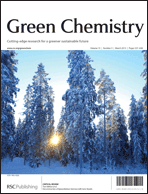 The front cover of this issue highlights a Critical Review by
The front cover of this issue highlights a Critical Review by 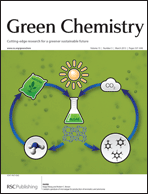 The inside front cover features work by
The inside front cover features work by 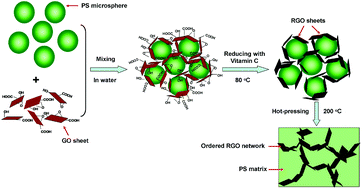
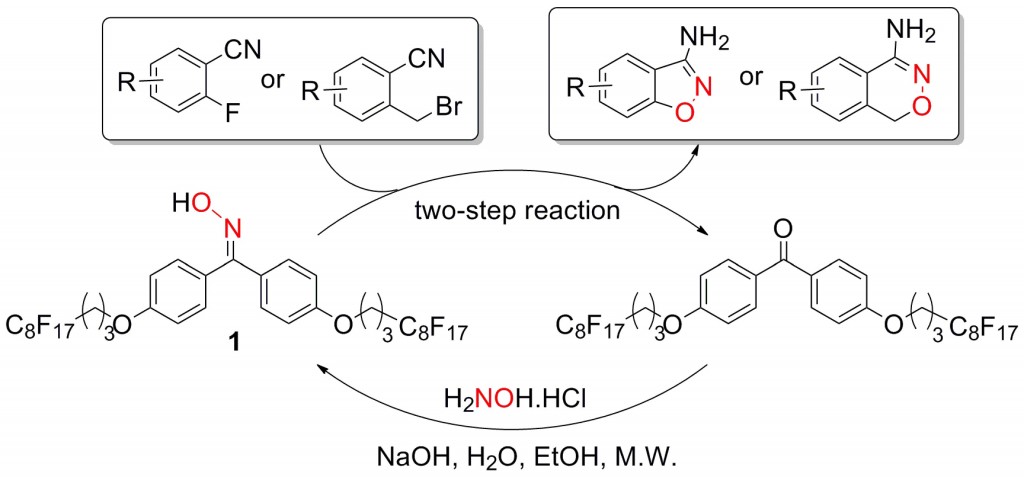
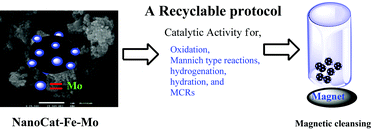
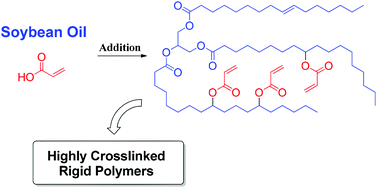
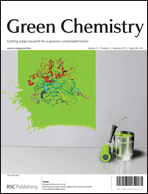 This issue features work by
This issue features work by 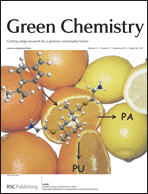 The inside front cover features work by
The inside front cover features work by 

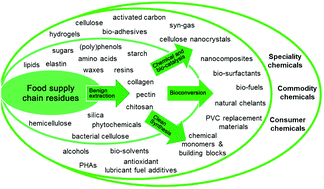
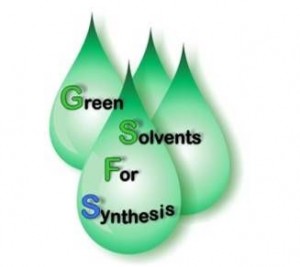 The latest addition of the “Green Solvents for Synthesis” conference took place in the picturesque Rhein Valley in Boppard, Germany from October 8-10, 2012. This biennial Dechema conference brings together world renowned chemists and engineers from both academia and industry to discuss their recent developments and future insights into the field of alternative solvents, solution phase chemistry, and processes. It is always held in a unique part of Germany, in which previous conferences have been held in the lower Rhein Valley (Bruchsal), Lake Constance (Friedrichshafen) and the Bavarian Alps (Berchtesgaden), and this time in the middle Rhein Valley. The beauty of Boppard and its surrounds (including the Loreley), a UNESCO Heritage site, was an excellent backdrop for the conference and emphasized the importance of sustainable development, an underlying theme of Green Chemistry.
The latest addition of the “Green Solvents for Synthesis” conference took place in the picturesque Rhein Valley in Boppard, Germany from October 8-10, 2012. This biennial Dechema conference brings together world renowned chemists and engineers from both academia and industry to discuss their recent developments and future insights into the field of alternative solvents, solution phase chemistry, and processes. It is always held in a unique part of Germany, in which previous conferences have been held in the lower Rhein Valley (Bruchsal), Lake Constance (Friedrichshafen) and the Bavarian Alps (Berchtesgaden), and this time in the middle Rhein Valley. The beauty of Boppard and its surrounds (including the Loreley), a UNESCO Heritage site, was an excellent backdrop for the conference and emphasized the importance of sustainable development, an underlying theme of Green Chemistry.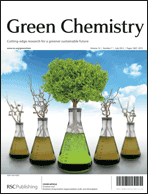 As the year draws to a close, here is a list of the top 10 cited review articles in Green Chemistry in 2012 – all free to access until the
As the year draws to a close, here is a list of the top 10 cited review articles in Green Chemistry in 2012 – all free to access until the 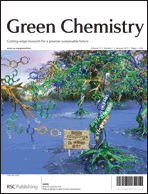 The front cover of this month’s issue highlights the work of
The front cover of this month’s issue highlights the work of 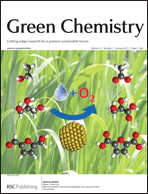 The inside front cover features the work by
The inside front cover features the work by